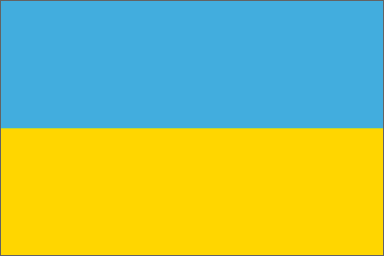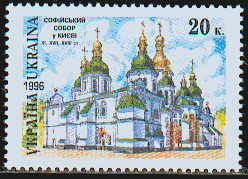

L'viv was founded about 1256 and soon became an important commercial center. Captured by the Poles in 1340, the city remained under Polish rule for most of the period until 1772, when it passed to Austria and became the capital of the province of Galicia.
Joint listing: Belarus, Estonia, Finland, Latvia, Lithuania, Norway, Republic of Moldova, Russian Federation, Sweden, Ukraine
The Struve Arc is a chain of survey triangulations running through ten countries and over 2,820km from Hammerfest in Norway to the Black Sea. The survey was carried out between 1816 and 1855 by the astronomer Friedrich Georg Wilhelm Struve, and represented the first accurate measuring of a long segment of a meridian. 34 of the original 265 station points are included in the listing.
See Belarus listing for more information.
For more links see Joint listing with Slovakia.
Joint listing with Albania, Austria, Belgium, Bosnia and Herzegovina, Bulgaria, Croatia, Czechia, France, Germany, Italy, Macedonia, Poland, Romania, Slovakia, Slovenia, Spain, Switzerland, and Ukraine. These are the largest remaining virgin forests of the European beech (Fagus sylvatica). They also hold the largest and tallest beech specimens in the world. This site originally consisted of ten separate components along an 185 km axis from the Rakhiv Mountains and the Chornohirskyi Range in the Ukraine, west along the Polonynian Ridge, to the Bukovske Vrchy and Vihorlat Mountains in Slovakia. The listing was extended in 2011 to include 5 Ancient Beech forests in Germany, further extended in 2017 to include more forests in 10 countries, and further extended in 2021.
Built by Czech architect Josef Hlavka from 1864 to 1882.
Taurica, Tauric Chersonese, and Taurida were names by which the territory of the Crimean Peninsula was known to the Greeks and Romans. The remains of a city on the northern shores of the Black Sea founded by Dorian Greeks in the 5th century BC. It includes agricultural lands divided into several hundreds of chora - rectangular plots of equal size that supported vineyards which thrived until the 15th century.
Joint listing with Poland comprised of 16 churches, built of horizontal wooden logs between the 16th and 19th centuries by communities of the Eastern Orthodox and Greek Catholic faiths.
Founded in 1794 on the site of Khadzhybei, it is a densely built area which includes theaters, religious buildings, schools, private palaces, tenement houses, clubs, hotels, banks, shopping centers, warehouses, stock exchanges, terminals and other public and administrative buildings.
Lynn Salmon <>{
Last updated: September 17, 2023